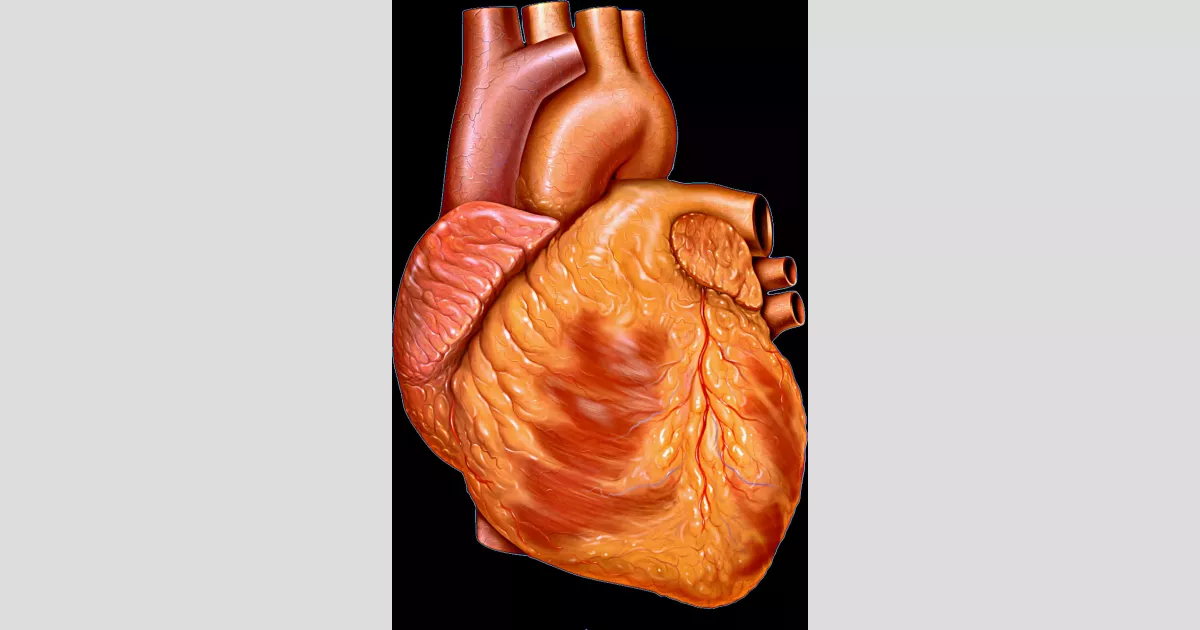The heart, a muscular organ in humans and animals, pumps blood through vessels forming the circulatory system. This blood delivers oxygen and nutrients to tissues and removes waste like carbon dioxide. In humans, the heart, roughly fist-sized, resides in the chest's mediastinum between the lungs.
1628: Publication of De Motu Cordis
In 1628, William Harvey's publication of De Motu Cordis provided a complete description of the systemic circulation and the mechanical force of the heart, leading to a major shift in understanding.
1906: Publication of Das Reizleitungssystem des Säugetierherzens
In 1906, Sunao Tawara published his monograph, Das Reizleitungssystem des Säugetierherzens, revealing the role of the atrioventricular node in the heart's electrical conduction system.
1924: Nobel Prize for Willem Einthoven
In 1924, Willem Einthoven, the inventor of the electrocardiogram (ECG), was awarded the Nobel Prize in Medicine or Physiology for his invention.
1927: Death of Ernest Starling
In 1927, English physiologist Ernest Starling, known for his studies of the heart, died. His efforts, combined with Otto Frank, led to the Frank-Starling mechanism.
1944: Death of Otto Frank
In 1944, German physiologist Otto Frank died. He's known for his detailed studies of the relationship between the heart and blood flow, which contributed to the Frank-Starling mechanism.
1948: Start of the Framingham Heart Study
Since 1948, the ongoing Framingham Heart Study has been shedding light on the effects of various influences on the heart, including diet, exercise, and common medications such as aspirin.
1964: First Heart Transplant
In 1964, James Hardy performed the first heart transplant in a human using a chimpanzee heart; however, the patient died within 2 hours.
1967: First Human-to-Human Heart Transplant
In 1967, Christiaan Barnard performed the first human-to-human heart transplantation at Groote Schuur Hospital in Cape Town, marking a milestone in cardiac surgery.
March 2000: 55,000 Heart Transplants
As of March 2000, more than 55,000 heart transplantations had been performed worldwide.
2008: Cardiovascular Diseases as Leading Cause of Death
In 2008, cardiovascular diseases were identified as the most common cause of death globally, accounting for 30% of all human deaths, with coronary artery disease and stroke being major contributors.
2008: Heart Disease as Major Cause of Death
In 2008, heart disease was recognized as a major cause of death, accounting for an average of 30% of all deaths worldwide, with rates varying in high-income countries.
July 2014: Publication of Anatomy and Physiology
In July 2014, OpenStax College published Anatomy & Physiology.
2020: Indigenous Leaders Message to the World
In 2020, Indigenous leaders delivered a message, made into a film, that humanity needs to shift from the mind to the heart to restore balance to the world.
January 7, 2022: First pig to human heart transplant
On January 7, 2022, the first successful transplant of a heart from a genetically modified pig to a human, David Bennett, was performed in Baltimore by Bartley P. Griffith.
March 2022: Death of first pig to human heart transplant patient
In March 8 2022, David Bennett, the first recipient of a genetically modified pig heart, died, one month and 30 days after the transplant.
Mentioned in this timeline
A hospital is a healthcare institution offering patient treatment with...
Trending
7 months ago Celebrating July 4th: Festivities, Public Lands, and First Amendment Rights

8 months ago Mirra Andreeva vs. Yulia Putintseva at French Open; Putintseva Advances to Second Round

3 months ago LoL Worlds 2025: T1 vs Gen.G Final Forecasted to Break Viewership Records
6 months ago TikTok's US Future Uncertain Amid China Trade Talks and Potential Shutdown

Mexico City is the capital and largest city of Mexico and the most populous in North America A significant cultural...

2 months ago Carlos Alcaraz Honored as ATP Year-End No. 1 After Finals Win
Popular

Thomas Douglas Homan is an American law enforcement officer who...

Martin Luther King Jr was a pivotal leader in the...

XXXTentacion born Jahseh Dwayne Ricardo Onfroy was a controversial yet...

Instagram is a photo and video-sharing social networking service owned...

Jupiter is the fifth and largest planet from the Sun...

KFC or Kentucky Fried Chicken is an American fast-food chain...
